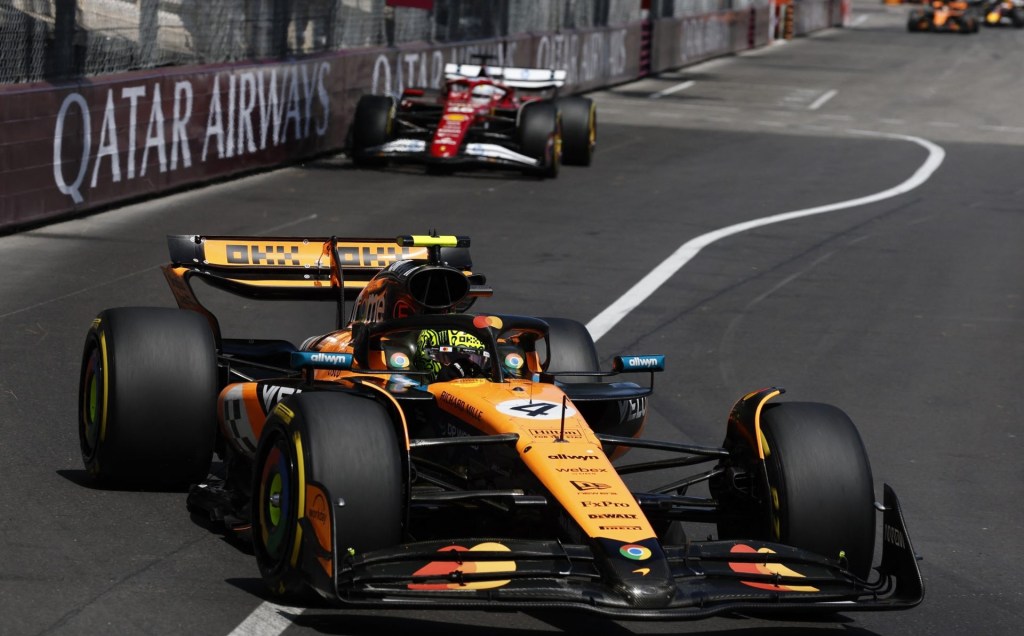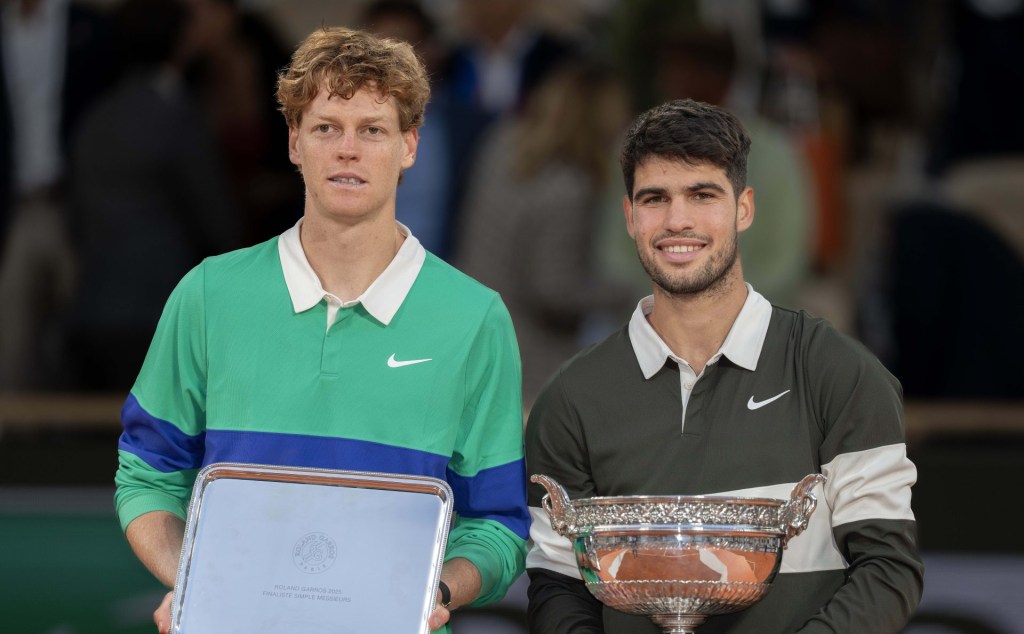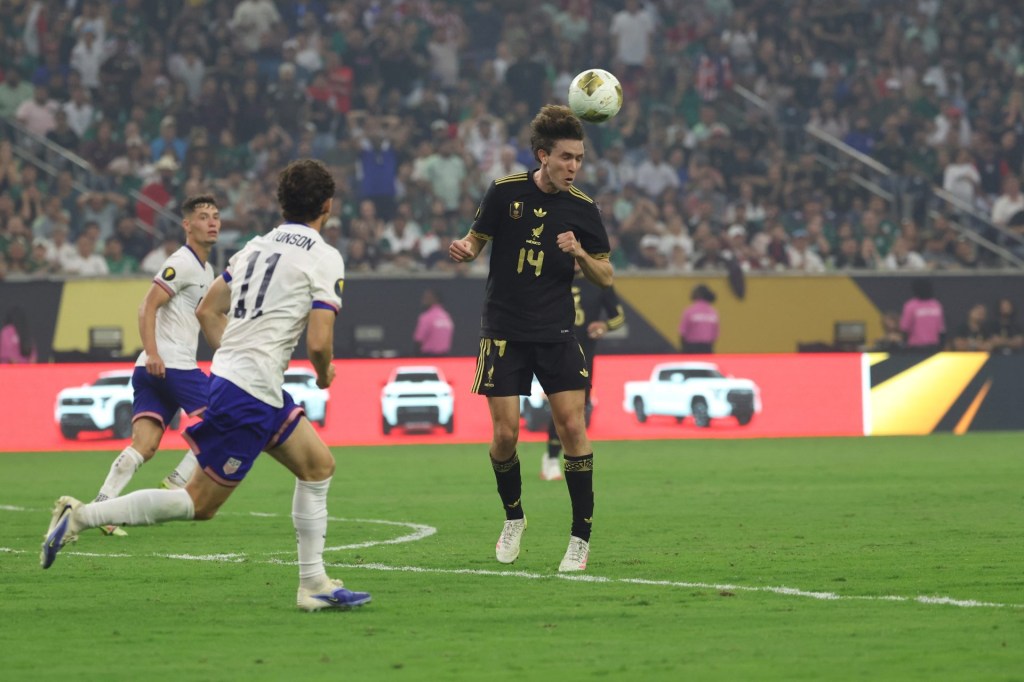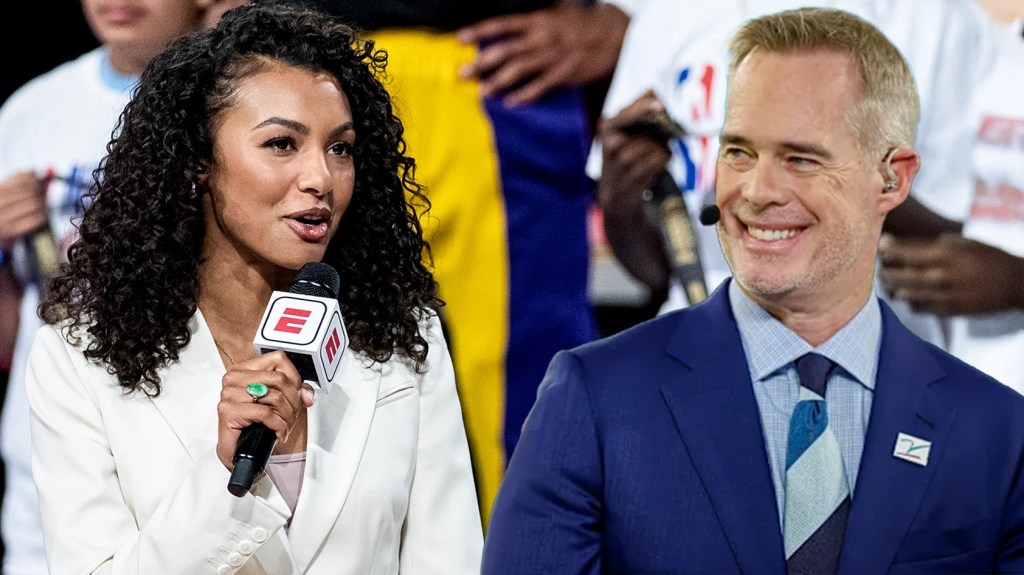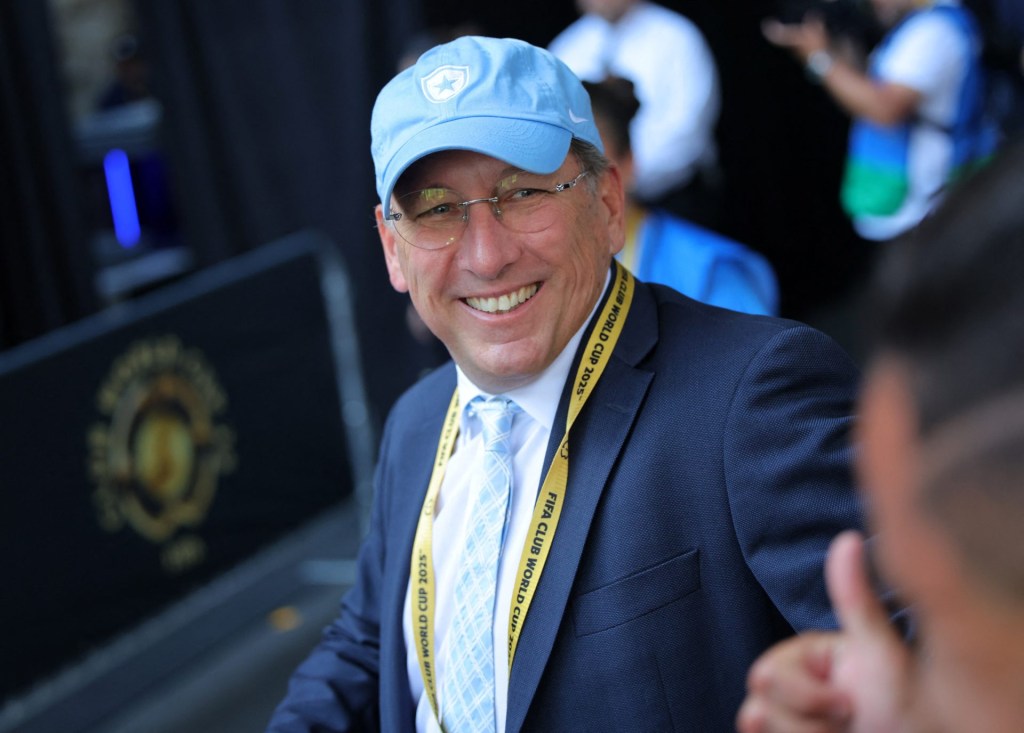By: Adam White, @FOSAdam
Front Office Sports is proud to have sat down with Jeff Ross, an Emmy award-winning producer for ESPN and an adjunct professor at Quinnipiac University. He is an alumnus of York University where he holds a Bachelor’s in Psychology and a Master’s in Sociology. He has won three Emmy’s for his work on SportsCenter. He was gracious enough to offer up his extensive insight on what it is like to work at ESPN, how many hours it takes early on to get your foot in the door, and how much of a grind it can be to make it to where he has gotten, but once you’re there it is a great feeling.
What were your previous positions, if any, before your current position? How did those positions help you get to where you are today?
I was a producer in Toronto with TSN which is the Canadian equivalent of ESPN and we worked closely with ESPN. They took a liking to me and brought me down for an interview. I was hired as a producer and we went from there.
As a producer for ESPN, what is a normal day like for you? What are some of your day-to-day challenges?
For the last seven and a half years, I have done NASCAR and before that I did SportsCenter and NHL Tonight. When I was doing a daily show, I usually got in to work five to six hours before the show started.
At that time, I would meet with my staff and go over the days news or what you think might be the news. You basically go over a “budget” where you lay out what feature you’re going to have, what guest, if any, you will have, where the reporters will be as far as which city etc. I work at a huge company in ESPN and we have such an extensive infrastructure that it makes things easier to get done. I have a lot of people to do a lot of stuff for me.
As for what I do, I run the show. We get in the morning; we have a meeting where we talk about what we are going to talk about and then how we are going to talk about it. For example, we could talk about whether we will be doing a live shot at 3:00 p.m. or whether we are going to tape something, what we have before the show, and if we are getting sound from an affiliate.
The length of my day depends on what is happening, but a typical day is 10–12 hours. When I go out on the road, I have shorter days. Since I have been there for 18 years, I can set my own schedule to a certain extent.
As a producer for SportsCenter, you have a block of time where you’re running the show. Typically the blocks are two to three hours so, for example, there is a 1:00–3:00 p.m. block and then a 3:00–6:00 p.m. block etc.
What drew you to being a part of the television production aspect of sports?
I just sort of went that direction. I was in academia for a long time and I thought I was going to get a Ph.D., but I got a job as a writer at the Canada AM morning show. I used to correct the scripts of Dan Matheson who did sports and weather and, at the time, the company I was working for had the rights to the Barcelona Olympics. When it was time to leave for Barcelona, Dan told them that he wasn’t going without me and that he wanted me to be his producer.
After the Barcelona Olympics, TSN heard about me and hired me to run there assignment desk. From there, I went on to produce for them.
I never really sought after producing, but a couple of breaks went my way and that’s how I ended up where I am today. It was a mix between hard work and luck.
At my first job in television, I was picked up by a car service at 12:30 a.m. and worked until 9:00 a.m. The car service would take me home where I would sleep the whole day and do it again the next night.
What do you like best about working in sports? And, in your case, being a part of sports behind the scenes as a producer.
I’m a sports junkie! It’s a job that’s not always serious but there are times when it is. For example, I covered the Tony Stewart tragedy recently and that definitely was very grim. The love of sports comes from growing up as the youngest of five boys so I grew up playing and watching sports.
How important is networking in your eyes?
Networking is critical especially if you are concentrating on one thing like I have been for the last few years. There is nobody in NASCAR that I don’t know that doesn’t know me. I could finish this interview and pick up my phone and call Jimmie Johnson.
You not only need to network you have to have a good network, because you need to know where people are, what they are doing, what they are thinking, and when you can get them.
You have to know everybody and know everybody around you especially if you’re focusing on just one sport. If you can provide young kids looking to break into the industry be trying to please their bosses with information because of your network as a producer, then you’re elevated in their minds and ultimately you get a better product. It not only helps you, but it helps others grow.
What are some tips you have for people who want to be successful in the sports industry specifically the television production aspect?
Reps. You have to get your reps. You don’t start out at the top. You have to go to Iowa, go to Maine, go to where there are opportunities so you can get those reps. You don’t just step right into to the big time.
If ESPN is coming to your town to do a basketball game, you have to offer to be a runner for them. I did that when I started out and then did it at TSN.
Nothing is beneath you and you can learn from everything you do.
I don’t think I would have been as successful as I am now if I hadn’t done all the little extra things in the beginning.
You have to learn all the background things of the job such as running a prompter. It makes you more complete.
What is the best career advice you have been given so far?
“It doesn’t matter what Jeff Ross does, it matters what Mike Greenberg or Chris Berman or whoever is in front of the camera does or says, because no one is going to know me.” It is all about the person who is disseminating the information. That’s whom you have to be concerned with because that’s whom the audience is concerned with. You have to check your ego at the door because there is enough egos there.
ESPN is seen as the pinnacle of sports television from a content side and a production side. By being a part of it for the last 18 years why do you think this is so? What does ESPN do differently than all the rest?
In my role as a field producer, they are the pinnacle because they give you what you need to get your job done whether it is research help, really good talent and really great photographs to the top of the line equipment. Whatever it is you need, they will get it for you. I’m good at my job, but I wouldn’t be as good if it wasn’t for the resources ESPN provides.
What keeps you motivated to keep getting up every morning to go to work? Is there one specific thing or numerous things?
It’s enjoyable work and although I’m up early in the mornings, I have a pretty good schedule at this point of in my career and ESPN is just a great place to work, they do such a good job of taking care of their people. They are very flexible when it comes to helping me balance my work and family life.
As a producer what do you handle during the event?
During the event, it’s all about planning on what is going to happen as soon as the clock hits zero or the race is over and for NASCAR this is very difficult. We have the race after the race which is the VIP’s and wealthy people getting to their private jets. As producers, we have about three minutes after the race ends to try and get the attention of these people by the way of content or interviews etc. You have to be prepared.
